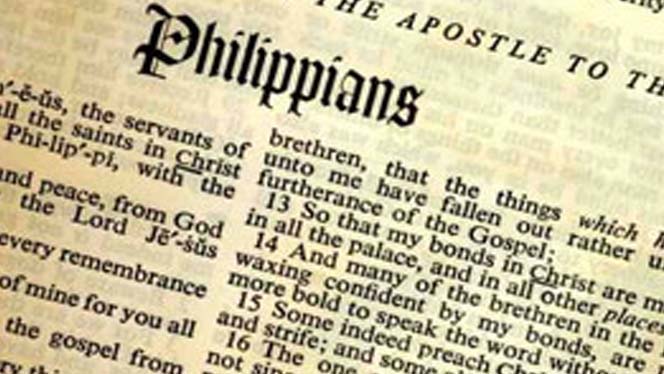Our second reading, from Paul’s letter to the Philippians, contains one of the oldest texts in the tradition, a “hymn” that Paul received and adapted for his purposes. It speaks of a fully divine Jesus who was, nevertheless, willing to empty himself utterly and become a slave on our behalf. All of the drama, poetry, and power of Christianity is contained in that paradox.
